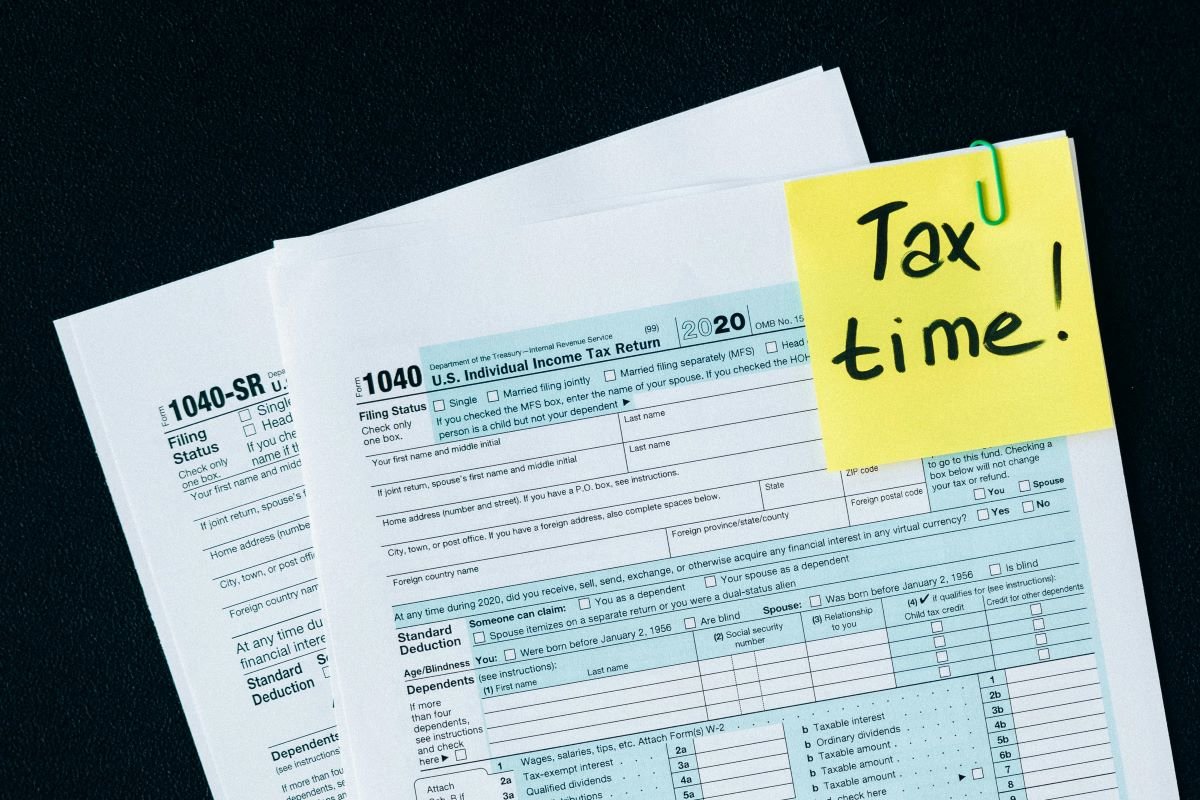Adjusting to Higher Property Taxes: What to Expect When Moving to a More Expensive State
Posted by Alex Narodny on Wednesday, May 22nd, 2024 at 2:49pm
Moving to a more expensive state can be both exciting and daunting. Along with new opportunities, it brings challenges, including adjusting to higher property taxes. Understanding these taxes and managing them is important for a simple transition. This blog post provides essential tips to help you navigate the financial impact of moving to a pricier state. By the end, you'll be equipped to handle high property taxes confidently and easily.
1. Research the New State’s Property Tax Rates and Policies
Before moving, it's important to research property tax rates and policies in your new state. Property taxes vary significantly across states and even within counties. Knowing the rates helps you budget effectively and avoid surprises. Start by visiting the state’s Department of Revenue website or consulting a local tax assessor’s office. These sources provide accurate and up-to-date information on property taxes.
Understanding local tax policies is equally important. Some states have caps on how much property taxes can increase annually, while others reassess properties regularly, potentially leading to significant tax hikes. Knowing these policies helps you plan better and set realistic financial expectations.
Researching property taxes before moving is crucial, especially in areas with higher property taxes, to avoid financial surprises
2. Calculate the Impact on Your Budget
Calculating the impact of higher property taxes on your budget is important. Begin by identifying the property tax rate in your new location and apply it to the value of the home you plan to buy. That will give you an estimate of your annual property tax bill.
Next, incorporate this amount into your monthly budget. Adjust your expenses to ensure you can comfortably afford the new tax bill. Consider using online budget calculators or financial planning tools to assist with this process. Through planning, you can avoid financial strain and enjoy your new home without stress.
Understanding how higher property taxes affect your budget is key
3. Understanding How Property Taxes Are Assessed
Understanding the property tax assessment process helps you anticipate your tax liabilities. Property taxes are typically assessed based on the market value of your home. Assessors evaluate various factors, including the property's size, location, and condition, to determine its value. Regular reassessments can lead to changes in your property tax bill.
Hence, staying informed about when reassessments occur and how they are conducted is essential. For instance, if you are moving from Florida to California, it's important to factor in the higher property taxes when calculating the total cost of your move. Hiring professional movers can help you reach the West Coast safely, but you must also account for the ongoing expenses, such as California’s property taxes, in your new budget. Fortunately, professional movers bring efficiency and experience to the moving process, which can significantly lower the overall costs of the move. Optimizing the packing, loading, and transport of your belongings reduces the risk of damage and loss, which minimizes potential replacement costs. In addition, movers can often provide a more accurate estimate of moving expenses upfront, helping you budget more effectively for your move from Florida to California.

Calculating the impact of property taxes on your budget is essential to avoid financial strain
4. Explore Tax Relief Programs and Exemptions
Exploring tax relief programs and exemptions can significantly reduce your property tax burden. Many states offer relief programs for specific groups, such as seniors or veterans. Researching these programs and understanding their eligibility criteria can provide substantial savings. For example, homestead exemptions reduce the taxable value of your home, lowering your tax bill. Other programs might offer credits or deferments. Applying for these exemptions requires documentation and timely submission, so promptly acting is important. Taking advantage of available relief programs can make property taxes more manageable.
5. Consider the Benefits of a Higher Tax Area
Living in an area with high property taxes often has benefits that offset the financial burden. These areas typically offer superior public services, better infrastructure, and higher-quality schools. The taxes you pay contribute to maintaining these amenities, enhancing your overall living experience.
Also, homes in higher-tax areas often appreciate faster, providing a good return on investment. The enhanced community services and amenities can make these areas more desirable, increasing property values over time. Hence, the benefits of living in a higher-tax area can outweigh the costs, providing a balanced perspective on property taxes.
6. Strategies to Lower Your Property Tax Bill
There are several strategies to legally lower your property tax bill. One effective method is to appeal your property tax assessment. If you believe your home’s assessed value is too high, you can challenge it. To support your case, gather evidence, such as recent sales data of similar properties. Another strategy is to make home improvements that increase energy efficiency or safety, as some states offer tax incentives for such upgrades. In addition, consider hiring a professional to review your property tax assessment periodically. These experts can identify errors and suggest ways to reduce your tax bill.
7. Financial Planning for Long-Term Sustainability
Long-term financial planning is essential for managing higher property taxes sustainably. Set up a dedicated savings account for property taxes to ensure you’re prepared for annual payments. Regularly contributing to this account helps you avoid financial surprises. Consulting with a financial advisor can provide personalized strategies tailored to your situation. Advisors can help you invest in tax-efficient accounts and suggest ways to balance your budget effectively. Long-term planning helps manage property taxes and enhances your overall financial health.
8. Monitor Changes in Property Tax Laws
Staying informed about changes in property tax laws is essential. Tax laws can change, impacting your financial obligations. Regularly check reliable sources, such as state government websites or local news outlets, for updates on property tax legislation. Joining local community groups or homeowner associations can also keep you informed. These groups often share valuable information about tax law changes and their implications. You can adapt quickly and take advantage of any new tax relief measures by staying updated.
9. Adjusting to Higher Property Taxes: Tips for New Residents
Adjusting to high property taxes can be challenging, especially for new residents. Here are some practical tips to ease the transition everyone can use:
- Engage with your community: Residents can offer valuable insights and advice on managing property taxes.
- Use local resources: Take advantage of community workshops or seminars on property taxes.
- Stay proactive: Regularly review your property tax assessment and appeal if necessary.
- Plan ahead: Budget for property taxes well in advance to avoid financial strain.
Summary: Embrace the Change with Confidence
Adjusting to higher property taxes when moving to a more expensive state requires careful planning and informed decision-making. You can manage this transition effectively by researching tax rates, understanding assessment processes, exploring relief programs, and considering the benefits. Also, employing strategies to lower your tax bill, planning for the long term, and staying informed about tax law changes are important steps. Embrace the change with confidence, knowing that you are well-prepared to handle high property taxes and enjoy the benefits of your new home.
Pics:
https://www.pexels.com/photo/tax-documents-on-the-table-6863244/
https://www.pexels.com/photo/black-calculator-near-ballpoint-pen-on-white-printed-paper-53621/
https://www.pexels.com/photo/tax-documents-on-the-table-6863183/




Leave A Comment